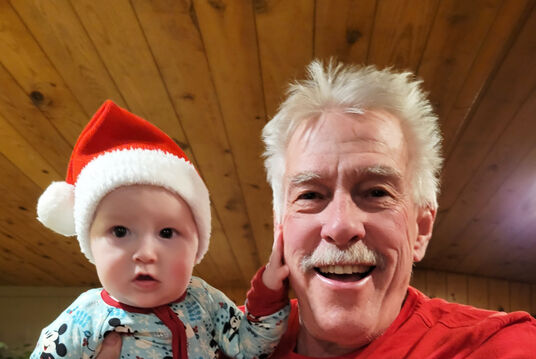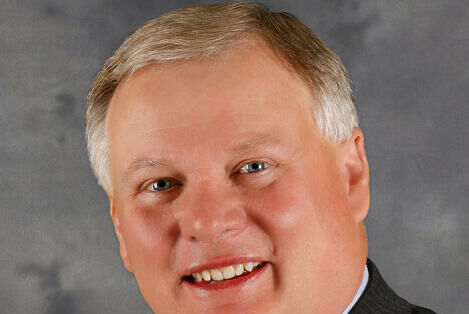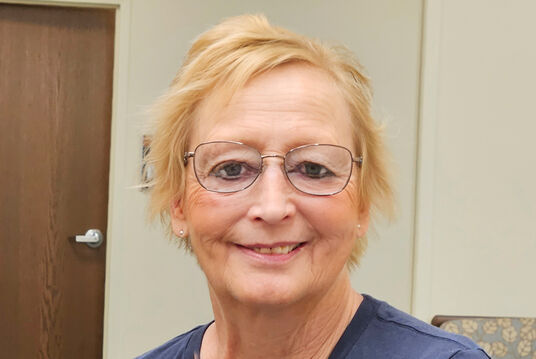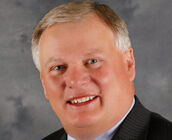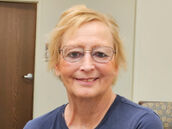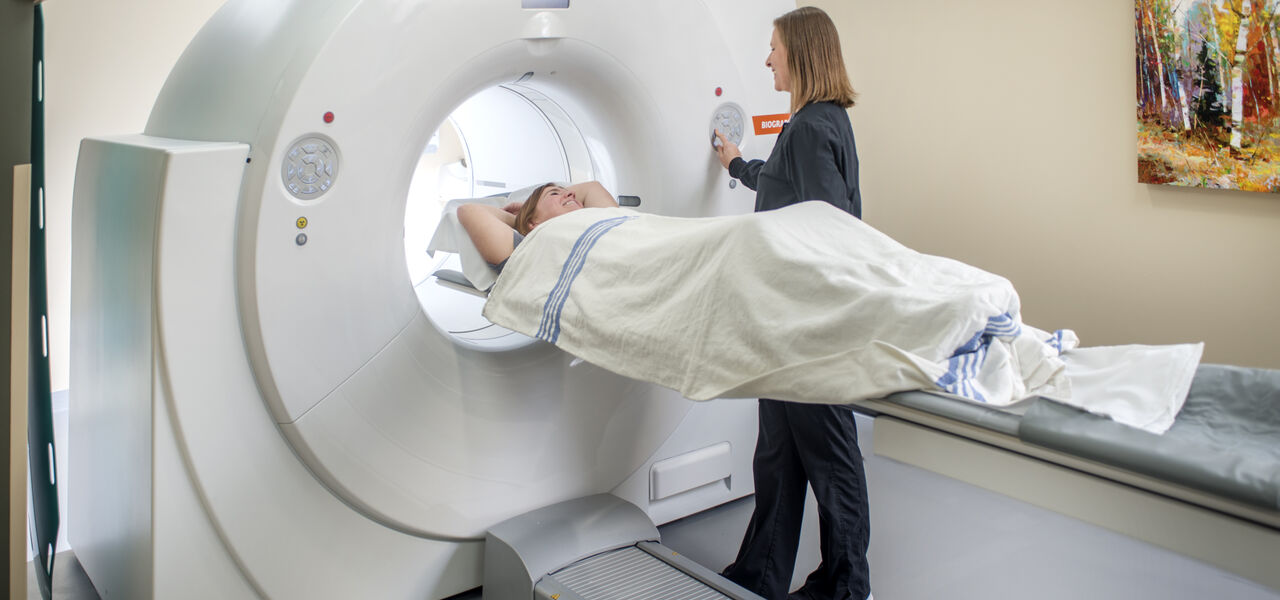

Computed Tomography (CT)
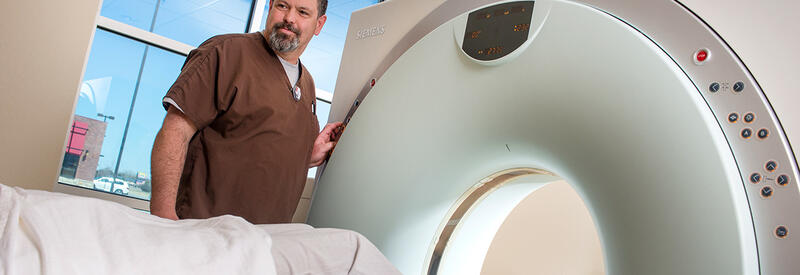
Computed Tomography (CT) is a diagnostic imaging procedure that combines the use of x-rays with computer technology to produce cross-sectional images (“slices”) of the body. The images produced are more detailed than those of an ordinary x-ray. Mary Lanning Healthcare’s advanced CT unit is capable of scanning images as thin as a credit card.
CT images can be reconstructed into other planes to assist with diagnosis. Information from these slices can be used to produce a 3-D image.
Uses for CT
CT is used to image patients for trauma, stroke, and acute illness. It is also useful for patients not eligible for an MRI.
This test is helpful in finding:
- Infection
- Enlarged lymph nodes
- Cancer
- Lung disease
- Pulmonary emboli (blood clots in the lungs)
- Aortic aneurysm
- Kidney stones
- Diverticulitis
- Pancreatitis
- Appendicitis
CT can also be used for needle biopsies to help diagnose various cancers in the lungs and kidneys, liver or pancreatic masses or bone masses. It can also be used for procedures to aspirate fluid from the lungs or drain fluid from an abscess.
Mary Lanning Healthcare has been providing CTCAs (CTs of the coronary arteries in the heart) since 2006. This non-invasive scan can rule out coronary stenosis and check for patency of bypass grafts and stents. Our scanner provides a 3-D view of the heart and coronary arteries in just five heartbeats.
Oral and IV Contrast
Depending on the type of CT ordered, you may be asked to drink a barium smoothie starting one hour before your CT to help distinguish your digestive tract from other anatomy.
To enhance the images, you may be given an IV contrast injection. The CT Technologist asks you a series of questions to be sure you are not allergic to this IV contrast (i.e. allergy to Iodine or X-ray dye).
When the IV contrast is injected, you may detect a metallic taste in your mouth, or a warm flush feeling in your throat, chest and bladder area. This flush feeling goes away after a few minutes.
Preparing for your CT
You may be asked to fast for four hours before your CT scan, especially for the following:
- CT Chest with contrast
- CT Abdomen/Pelvis with or without contrast
- Any CT with IV contrast
If fasting is necessary, our Scheduling Department gives your physician’s office fasting instruction when your CT appointment is scheduled.
A Board Certified Radiologist interprets your images after your CT scan. The report is faxed to your physician’s office.
Mary Lanning Healthcare’s CT Unit is accredited by the American College of Radiology.
